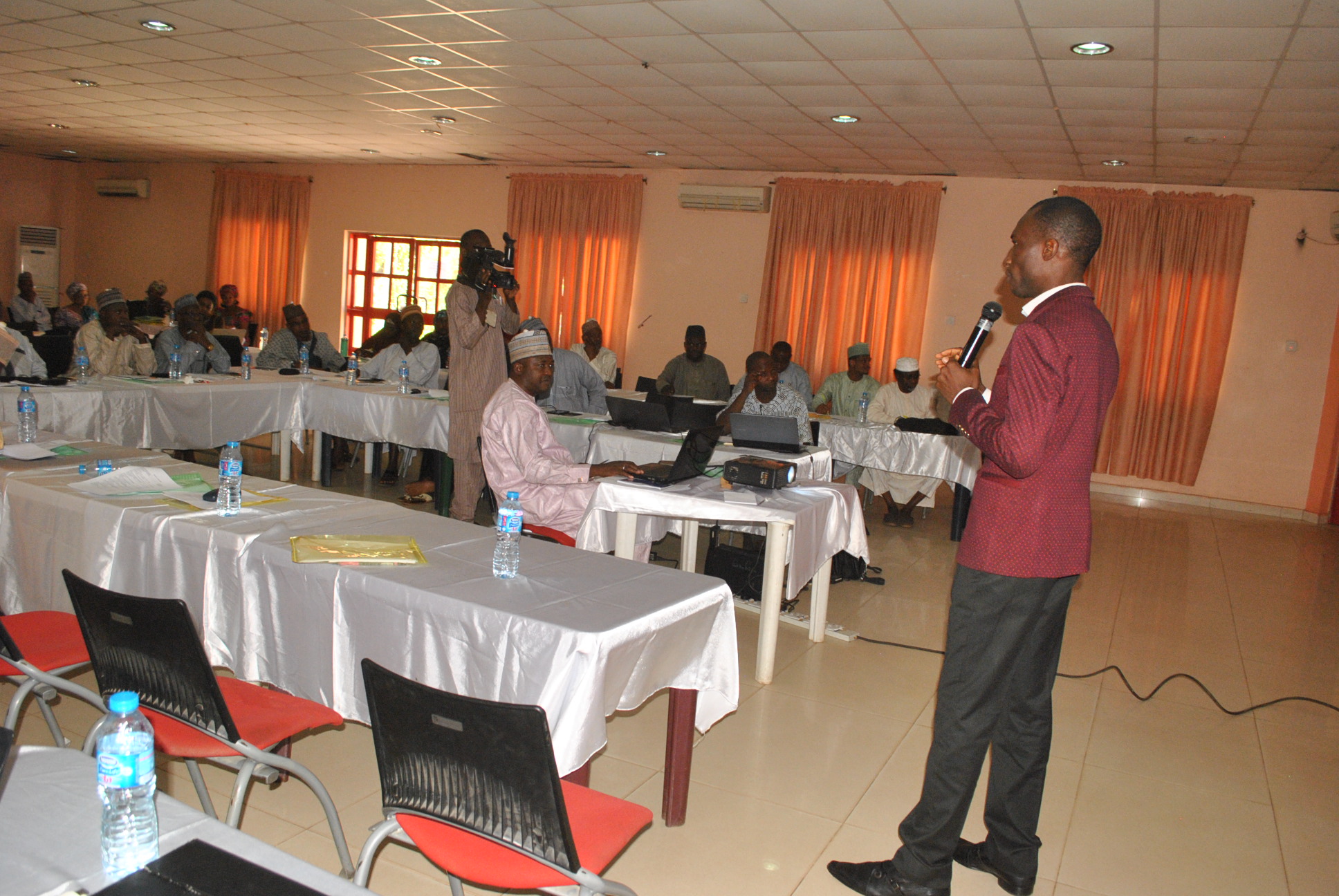The Nigerian governments at all level are committed to moving to universal coverage in order to provide adequate quality health care for all. Yet, there are considerable challenges to achieving this within the existing health financing system arrangements. With increasing widespread support for universal access to healthcare, the question of how to fund it effectively and sustainably remains unanswered despite the use of conventional ineffective options of taxation, user fees and insurance as well as the models of innovative financing that are offering promising alternatives.
Achieving a more diversified and sustainable financing base for the health sector is a key policy goal for the State Governments of Sokoto and Bauchi (SGSB). Underlying this goal is the view that general taxation alone cannot provide a sustainable revenue base for the health sector. Therefore there is a need to do things differently to achieve new and possible better results.
There are other factors that are likely to put the health financing system under strain in the near future. Demand for health care, particularly for those displaced by the insurgency and conflicts as well as for more complex curative care services is growing rapidly. The growth in demand for services as well as more sophisticated technology in medical care will inevitably push expenditures upwards. Faced with rising expenditures and concerned about the sustainability of current methods of financing health care, the SGSB urgently requires health financing options.
There is no one-size-fits-all health financing solution that these states can adopt. The choice of financing arrangements depend on the amount of revenues that can be raised through the different methods to meet specific health system objectives, and the extent to which they can be raised in an efficient, equitable and sustainable manner. The structure of the economy, as well as the financial, institutional and political capacities specific to these states will determine which financing arrangements best meet these criteria. It is against this context, that the policymakers in these states are asking which way forward. Are the financing mechanisms feasible and sustainable? Is innovative financing the answer or do tax-based and social health insurance-based (SHI) still relevant in promoting the state healthcare coverage? How does the fiscal and macroeconomic context influence decision-making in this policy area? Within this context, the policy makers attempts to explore alternative health financing mechanisms.
Based on the three basic principles of public finance – collection and pooling of revenues, and purchasing of services – this assignment will conduct comparative assessment of the different available financing scenarios[1]. Doing things differently implies health care financing reform through introduction of changes to one or more of these three key functions. There are essentially several health financing policy pathways that will be assessed in Sokoto and Bauchi States: (i) retain the current tax-based[2] system of general revenue financing (ii) continue to finance health care tax-based system of general revenue financing, but generate additional resources through efficiency savings; (iii) continue to finance health care tax-based system of general revenue financing, but generate additional resources through innovative sources; (iv) continue social health insurance single fund; (v) introduce social health insurance single fund pathway with innovation sources and efficiency savings; (vi) introduce pluralistic health pathways under public and private health insurance arrangements; (vii) various combinations of the identified options (i) – (vii)
[1] Scenarios are different health financing options
[2] In this Pathway, Governments (Federal, States and Local Government) are the principal sources of funding for the healthcare system

